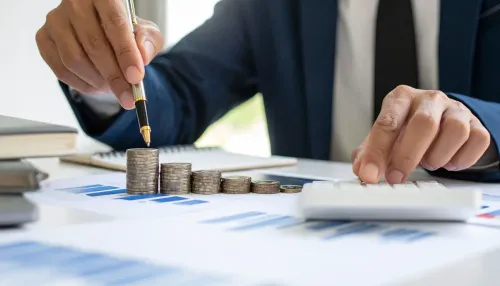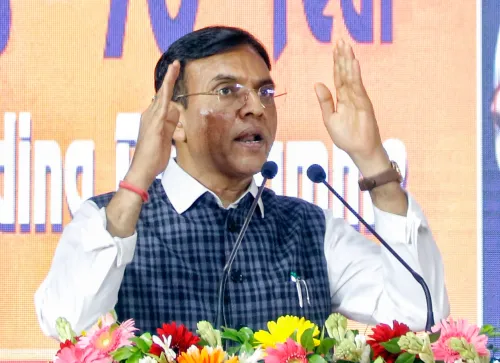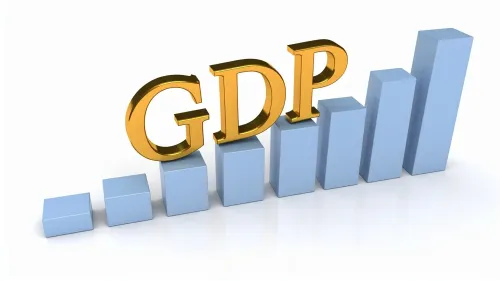Is Trump’s 100% Tariff on Pharma Set to Affect Indian Exports?

Synopsis
Key Takeaways
- 100% Tariff on branded drugs announced by Trump.
- Generic medicines remain unaffected.
- India exports 31% of its pharmaceutical goods to the US.
- Experts advocate for investments in emerging pharmaceutical fields.
- Pharmaceutical stocks dipped by 5% post-announcement.
New Delhi, Sep 26 (NationPress) The recent declaration by US President Donald Trump regarding a 100 percent tariff on pharmaceutical medications is not expected to yield any immediate consequences for Indian exports, according to industry experts on Friday.
The analysts indicated that this decision specifically targets imports of branded and patented pharmaceutical drugs, leaving generic medicines—which constitute a significant portion of Indian exports to the US—unaffected.
“The planned 100 percent tariff on branded and patented pharmaceutical imports is unlikely to impact Indian exports immediately, as most of our shipments consist of simple generics. Furthermore, many major Indian firms already have manufacturing or repackaging facilities in the US and are pursuing further acquisitions,” remarked Namit Joshi, Chairman of the Pharmaceuticals Export Promotion Council of India (Pharmexcil).
“The executive order pertains to patented and branded products supplied to the US; it does not impact generic medicines,” added Sudarshan Jain, Secretary General of the Indian Pharmaceutical Alliance.
In a statement posted on Truth Social, the US President disclosed, “Starting October 1, 2025, a 100 percent tariff will be imposed on any branded or patented pharmaceutical product, unless a company is establishing its pharmaceutical manufacturing plant in America.”
India plays a crucial role in stabilizing global healthcare systems, supplying over 45 percent of generic and 15 percent of biosimilar drugs utilized in the US, which includes essential oncology drugs, antibiotics, and treatments for chronic diseases.
The US remains the largest market for Indian pharmaceutical exports. In FY 24, out of India's $27.9 billion in pharma exports, 31 percent or $8.7 billion (Rs 7,72,31 crore) was directed to the US, according to Pharmexcil. An additional $3.7 billion (Rs 32,505 crore) worth of pharmaceutical products were exported in just the first half of 2025.
“India has been a pivotal component of the global supply chain for affordable, high-quality medicines, catering to nearly 47 percent of the US's pharmaceutical needs, particularly in the generic drug segment,” Joshi stated.
“Current investigations under Section 232 seem to be focused elsewhere and have not made a definitive decision regarding generics. Nevertheless, it’s wise to prepare for potential policy changes and to develop risk-mitigation strategies,” he added.
He emphasized the necessity for India to strengthen its cost-efficiency advantages in bulk drugs and APIs, where the US may prefer India over other suppliers, while simultaneously investing in next-generation opportunities such as complex generics, peptides, biosimilars, and CAR-T therapies.
“While generics will remain relevant, they will gradually evolve; optimizing costs and capabilities in these emerging categories will dictate the next phase of growth,” Joshi stated.
Rajiv Nath, Forum Coordinator for AiMeD, commented, “This new round of tariffs on pharmaceuticals hopefully will not affect medical devices.”
In the meantime, pharmaceutical stocks saw a sharp decline of up to 5 percent following Trump's announcement. Major pharmaceutical companies such as Sun Pharma, Biocon, Zydus Lifesciences, Aurobindo Pharma, Dr. Reddy's, Lupin, Cipla, and Torrent Pharma were notably impacted.









